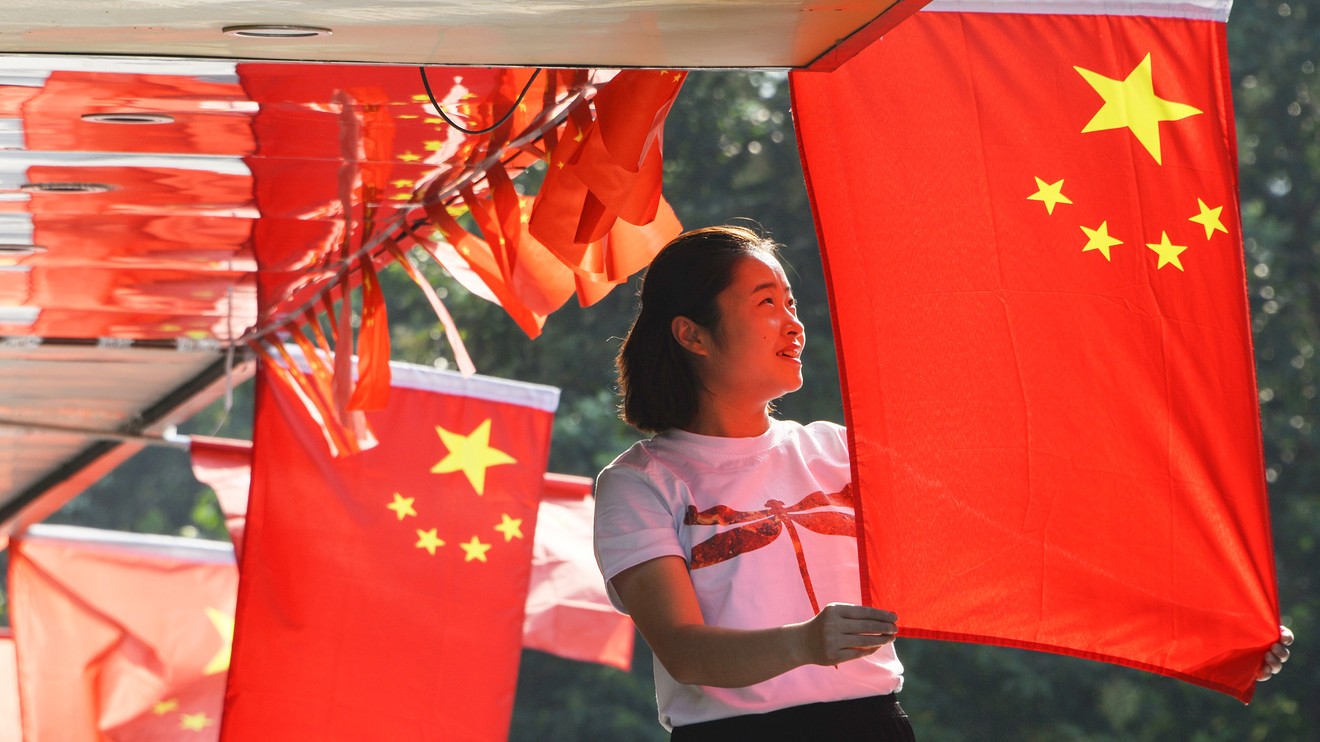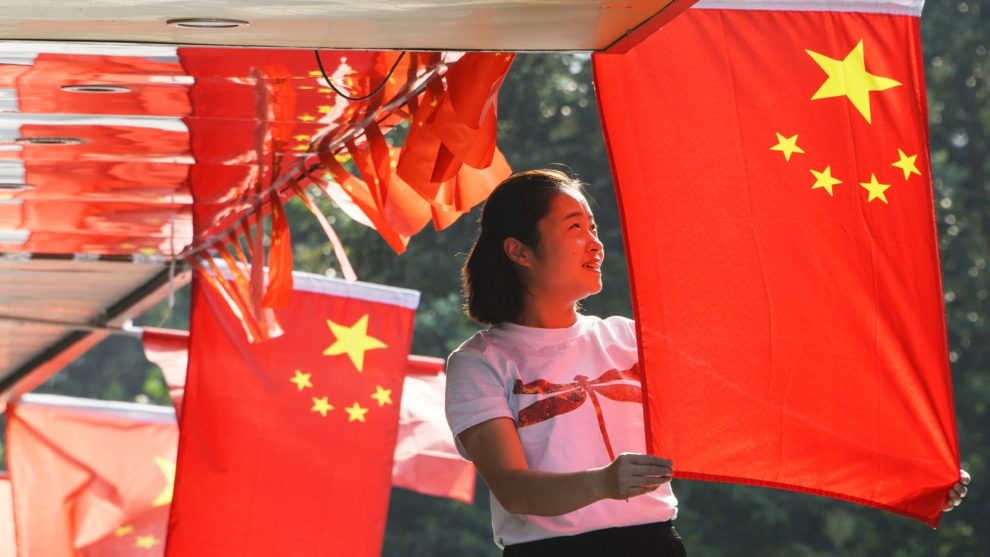
Asian markets pulled back in early trading Monday, amid conflicting signals on the trade-war front.
China said Sunday that its top trade negotiator, Vice Premier Liu He, will travel to Washington on October for renewed trade negotiations with the U.S. An exact date for the talks was not announced, but a senior Chinese official said “The two sides should find a solution through equal dialogue in accordance with the principle of mutual respect, equality and mutual benefit,” the Associated Press reported.
On Friday, reports emerged about possible White House plans to restrict U.S. investment in Chinese companies. U.S. Treasury officials on Saturday denied any plans to do so “at this time,” but also did not rule them out, leaving analysts and investors to wonder if it was a negotiating tactic or a signal of a much harder line by the Trump administration.
On Monday, data showed China’s manufacturing activity improved in September, though still in a state of contraction. The manufacturing purchasing managers index rose to 49.8 from 49.5 in August, according to the Wall Street Journal. According to a WSJ poll, economists expected a median forecast of 49.6.
Japan’s Nikkei NIK, -0.66% fell 0.5%, while Hong Kong’s Hang Seng Index HSI, +0.52% edged up 0.2%. The Shanghai Composite SHCOMP, -0.40% slipped 0.3% while the Shenzhen Composite 399106, -0.61% declined 0.5% ahead of the National Day holiday, which will shut Chinese markets until Oct. 8. South Korea’s Kospi 180721, +0.43% rose 0.3% while benchmark indexes in Singapore STI, -0.31% and Indonesia JAKIDX, -0.57% declined. Australia’s S&P/ASX 200 XJO, +0.08% gained 0.3%.
Among individual stocks, SoftBank 9984, -2.34% fell in Tokyo trading, along with Toyota 7203, -2.32% and Screen Holdings 7735, -2.74% . In Hong Kong, PetroChina 857, +2.02% and China Mobile 941, +1.80% rose, and Budweiser APAC — the Asian spinoff from beer-maker Anheuser-Busch InBev — opened higher in its massive initial public offering. LG Electronics 066570, +1.05% and SK Hynix 000660, +0.49% gained in South Korea, while Rio Tinto RIO, +2.18% gained in Australia.












